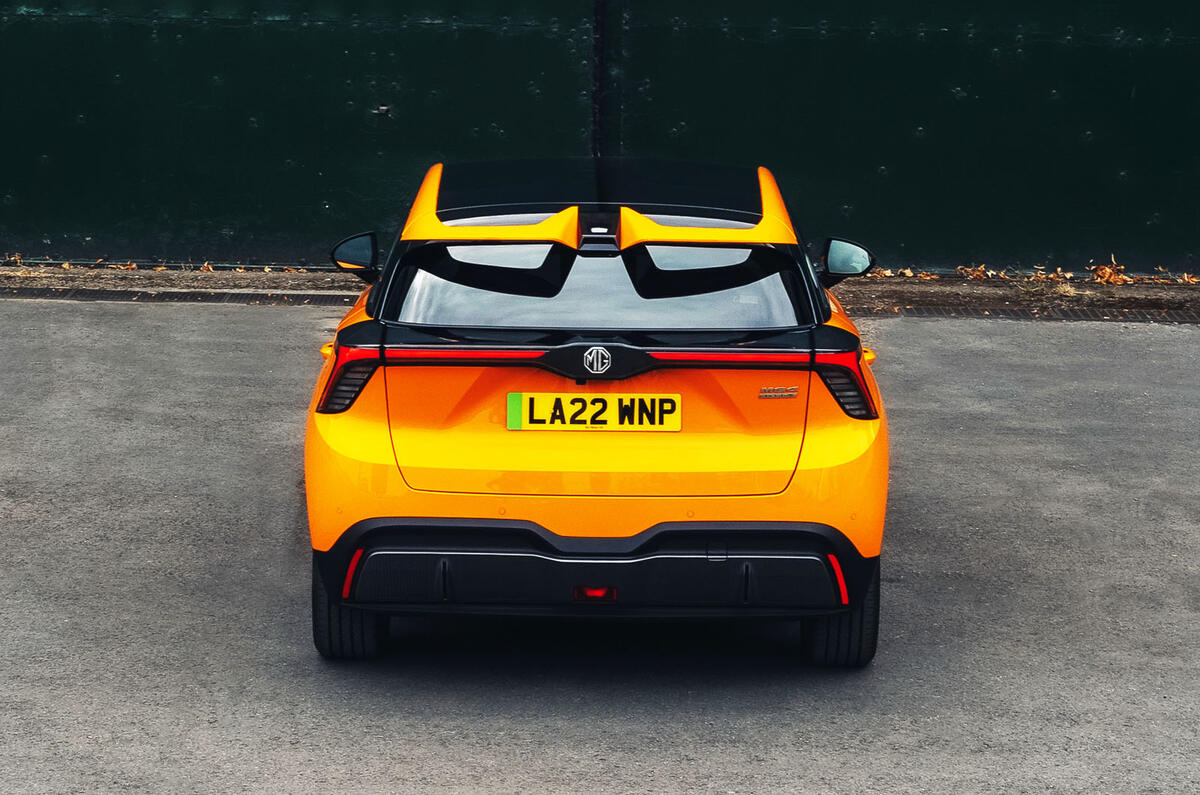The European Union is investigating whether low-priced Chinese electric vehicles are distorting the car market amid growing import numbers, with their government-subsidised prices threatening the livelihood of European car makers.
The investigation was announced in a speech on Wednesday by European Commission president Ursula von der Leyen.




Add your comment